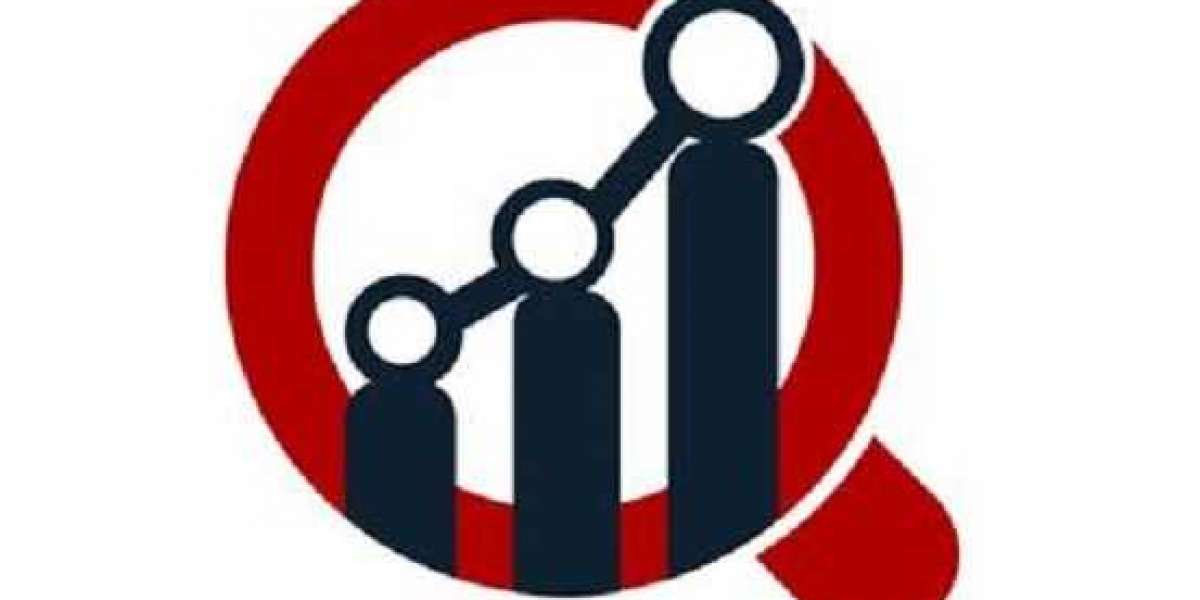Introduction: Beyond the Clinic Walls
Cardiac conditions, particularly arrhythmias (irregular heartbeats), can be elusive, often occurring intermittently and making diagnosis challenging during short in-clinic visits. Traditional monitoring devices like Holter monitors provide limited data over a short period, sometimes missing crucial events. This challenge has fueled the demand for Mobile Cardiac Telemetry (MCT) systems. These advanced, portable devices offer continuous, real-time heart monitoring, enabling clinicians to capture critical cardiac events as they happen, even when patients are going about their daily lives. The Mobile Cardiac Telemetry System Market is at the forefront of remote cardiac care, offering invaluable tools for timely diagnosis and management of heart rhythm disorders.
What is a Mobile Cardiac Telemetry System?
A Mobile Cardiac Telemetry (MCT) system is a wearable cardiac monitoring device that continuously records a patient's electrocardiogram (ECG) data over an extended period, typically from several days up to 30 days or more. Unlike event monitors that only record when a patient feels symptoms and activates the device, or traditional Holter monitors that store data for later analysis, MCT systems automatically detect and transmit abnormal heart rhythms (like tachycardia, bradycardia, pauses, or atrial fibrillation) in real-time.
The system typically consists of a small, lightweight device (often a patch or a small monitor with electrodes) worn on the patient's chest. This device continuously monitors the heart's electrical activity. When an abnormality is detected, or if the patient experiences symptoms and presses a button, the data is automatically transmitted wirelessly (via cellular networks) to a secure monitoring center. Trained technicians then review the data, and if a clinically significant event occurs, the physician is immediately notified.
Key Applications and Benefits
MCT systems offer significant advantages for both patients and healthcare providers:
- Higher Diagnostic Yield: MCTs have a significantly higher diagnostic yield for detecting intermittent arrhythmias compared to Holter or event monitors, as they provide continuous, real-time monitoring and automatic event detection.
- Early Detection of Asymptomatic Arrhythmias: They can identify "silent" or asymptomatic arrhythmias that a patient may not perceive, allowing for earlier intervention.
- Prompt Management: Real-time data transmission enables timely detection and notification of physicians, allowing for immediate medical attention if needed, potentially preventing serious cardiac events.
- Patient Convenience and Compliance: Being lightweight and relatively unobtrusive, MCTs allow patients to maintain their normal daily activities during monitoring, leading to better compliance and more representative data.
- Reduced Hospital Visits: By providing continuous remote monitoring, MCTs can reduce the need for frequent in-person clinic visits, especially beneficial for managing chronic heart conditions or during post-discharge care.
- Improved Patient Outcomes: Timely and accurate diagnosis leads to earlier treatment, improving overall patient safety and outcomes.
Market Drivers and Future Outlook
The Mobile Cardiac Telemetry System Market is experiencing robust growth. Key drivers include the rising global prevalence of cardiovascular diseases (CVDs), particularly arrhythmias like atrial fibrillation, which necessitate continuous monitoring. An aging global population is also more susceptible to cardiac disorders. The increasing adoption of remote patient monitoring (RPM) and telehealth solutions, accelerated by recent global health events, is a major catalyst for market expansion. Furthermore, continuous technological advancements in sensor miniaturization, battery life, and wireless connectivity are making MCT devices more user-friendly and effective. The market is projected to reach approximately US$ 2.3 billion by 2030, growing at a CAGR of over 12%.
The future of the mobile cardiac telemetry system market is focused on enhanced integration and intelligence. Trends include the development of even smaller, more comfortable patch-based systems with extended wear times. The integration of Artificial Intelligence (AI) and machine learning (ML) algorithms for more sophisticated automated detection, classification, and prediction of cardiac events is a significant area of innovation. Enhanced interoperability with Electronic Health Records (EHR) and cloud-based platforms will streamline data flow and physician workflow. As healthcare shifts towards more proactive and personalized care, MCT systems will play an increasingly vital role in comprehensive cardiac management.
Conclusion: Empowering Cardiac Care
The Mobile Cardiac Telemetry System Market stands as a testament to the power of connected health technology in cardiology. By enabling continuous, real-time monitoring of the heart's electrical activity outside of traditional clinical settings, MCT systems empower earlier diagnosis, facilitate prompt intervention, and significantly improve the management of cardiac arrhythmias. As technological advancements continue to refine these devices, they are poised to play an even greater role in preventing life-threatening events and improving the quality of life for millions of individuals living with heart conditions worldwide.
Explore our latest reports
? Stay ahead in the healthcare industry. Browse our latest insights now!
About Market Research Future (MRFR)
Market Research Future (MRFR) is a global market research firm that provides comprehensive insights into market trends, drivers, challenges, and opportunities. We offer a broad range of market intelligence reports and consulting services to help businesses and enterprises in various industries make informed decisions
Media Contact:
Market Research Future (MRFR)
Phone: +1-646-845-9312
Email: contact@marketresearchfuture.com
Website: marketresearchfuture







